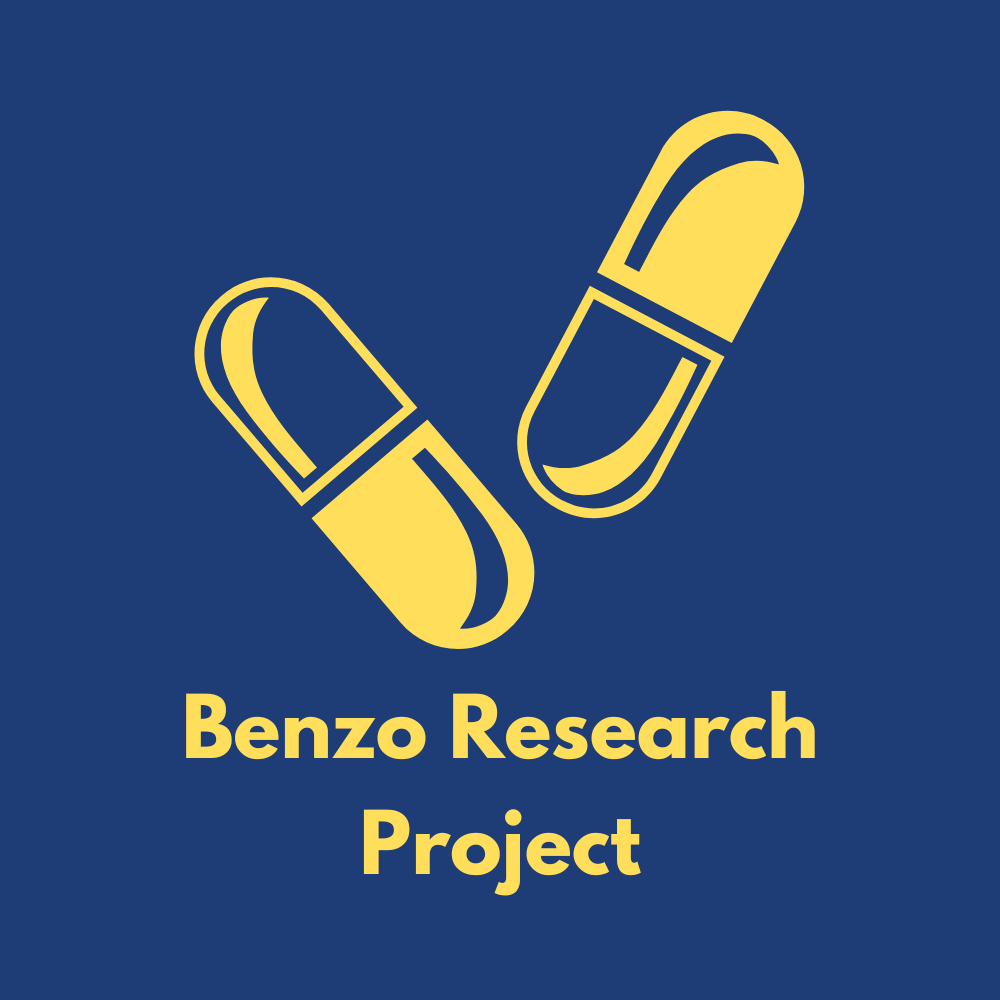Drug-related deaths in the UK disproportionately impact
marginalised communities. Last year, people living in the most
deprived areas of England, Wales, and Scotland were between 4.3–12x more
likely to experience a drug-related death compared with those in
the least deprived areas.
Over the last few years, we have seen potent synthetic opioids (nitazenes) enter the UK’s illicit drug supply. Consequently, a four-fold increase in nitazene deaths was recorded between 2023 (52) and 2024 (195). In the same year, our analysis of WEDINOS drug checking data found that 54% (77 out of 144) of samples containing nitazenes were missold as benzos. These counterfeit pills have likely led to many of the deaths described above, including the loss of 23 year old Alex Harpum from nitazene-containing Xanax pills bought online to help him sleep while taking prescribed ADHD medication. The motivation for taking these pills is important: our research indicates many young people take benzos as a way to deal with mental health and sleep challenges, especially where professional support does not meet their needs. In 2023, 20% of young people aged 8 to 25 experienced mental health difficulties in England. In addition, The Mix reported that 1 in 5 young people who take drugs do so to escape problems. Concerningly, they estimated 2.2 million young people who experienced challenges with drug use did not access any support. It is clear that a holistic approach to the mental wellbeing of young people is needed to prevent drug-related harms. We have also seen shifts in the types of novel benzos found in the contaminated supply. While etizolam was a significant driver in Scotland’s street benzo deaths crisis at the height of the COVID pandemic, the UK’s illicit diazepam supply in 2024 was characterised by a consistently high rate of counterfeits containing bromazolam. Bromazolam is a potent benzo attributed to 27% of last year’s benzo-related deaths in England and Wales, and 60% of the 574 benzo-related deaths recorded in Scotland. After the United Nations banned bromazolam globally in late 2024, it was quickly replaced in the illicit supply. A similar benzo, ethylbromazolam, has become the most common compound found in counterfeit benzo samples in the UK since June 2025, based on aggregated WEDINOS sample results data. As another novel drug never marketed as a medicine, there is extremely limited data on its safety and effects. Without access to a safer supply, people continue to face increased risk of preventable overdoses or fatalities. We urge for multi-sectoral, evidence-based responses to mitigate and remediate these risks. May the approaches be fuelled by compassion, destigmatised language and practice, and may the voices of those with lived experiences be at the core of its development and implementation. We will continue to serve and represent underrepresented communities, seeking to improve the lives of those taking drugs or experiencing drug-related harms. We will continue to gather data, conduct research, disseminate findings, and engage stakeholders to elevate youth voice and reduce harms to our communities. No further lives have to be lost. If you or someone you know is experiencing harms related to drug use, head to brp.org.uk/help for crisis lines, support services and harm reduction information. Signed, AJ Martin & Monica Richards Co-Project Leads, Benzo Research Project |
BENZO RESEARCH PROJECT

